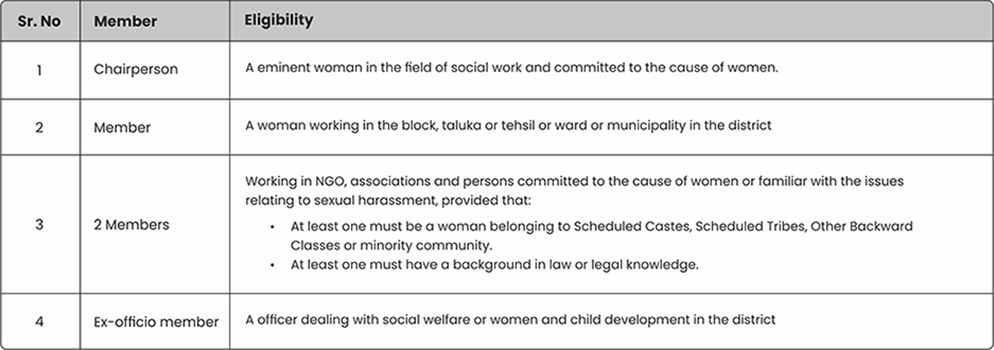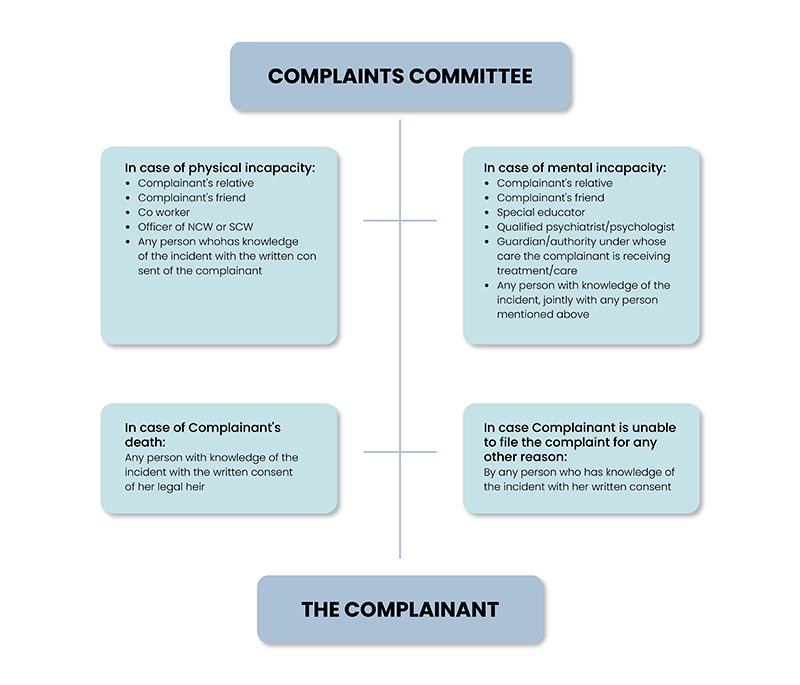Sexual harassment complaints in the workplace are on the rise. As many cases poured in, the depth of the issue came to light. Steps were required to eradicate sexual harassment at the workplace, by enacting the Sexual Harassment of Women at Workplace (Prevention, Prohibition and Redressal) (POSH) Act in 2013. The act gave new ways of handling sexual harassment cases at workplaces. The #MeToo movement also helped by making women realise that they are not the only victims, allowing them to speak up about their workplace experiences. Here are effective ways to handle sexual harassment at workplace.
Internal Complaints Committee (ICC)

If an organisation fails to form an Internal Complaint Committee, it may face stiff penalties and its licence may be revoked.
Why Do Organisations Appoint External Members?
Organizations nominate an external member to the ICC because it provides a sense of impartiality and a third-party viewpoint on the committee's activities. As a result, the investigation process is unaffected, neutral, and transparent. The external member has to draft and review the POSH policies of the organisation and participate in an investigation of cases to ensure neutrality. They also attend IC meetings to ensure that policies are adhered to, produce meeting minutes, and participate in annual reports.
Local Complaints Committee (LCC)
POSH Act 2013 is particularly inclusive, ensuring the protection of all working women, regardless of their place of employment. ICC is not constituted for organisations with less than ten employees, employees in unorganised sectors like housekeeping staff or when the complaint is against the employer. To ensure their safety, a Local Complaint Committee (LCC) is established under section 6 of the POSH Act. It is constituted by a district officer for their respective district. LCC's jurisdiction extends to the district in which it is established. The committee's structure is as follows:

All the members of LCC have a tenure of three years from the date of their joining.
Who Can Complaint About Sexual Harassment?
A complaint about sexual harassment can be filed by the victim or people closely associated with the victim. Following is the list of people who can file the complaint on behalf of the victim.

Committees are formed to help victims deal with sexual harassment at the workplace in a smooth form. A committee is formed in such a way that the victims feel at ease and can talk about issues they are facing. To maintain the unbiasedness in ICC, external members are appointed by the organisations who have an experience in the field of social work. To learn more, follow my next blog about the investigation process of a sexual harassment case.
